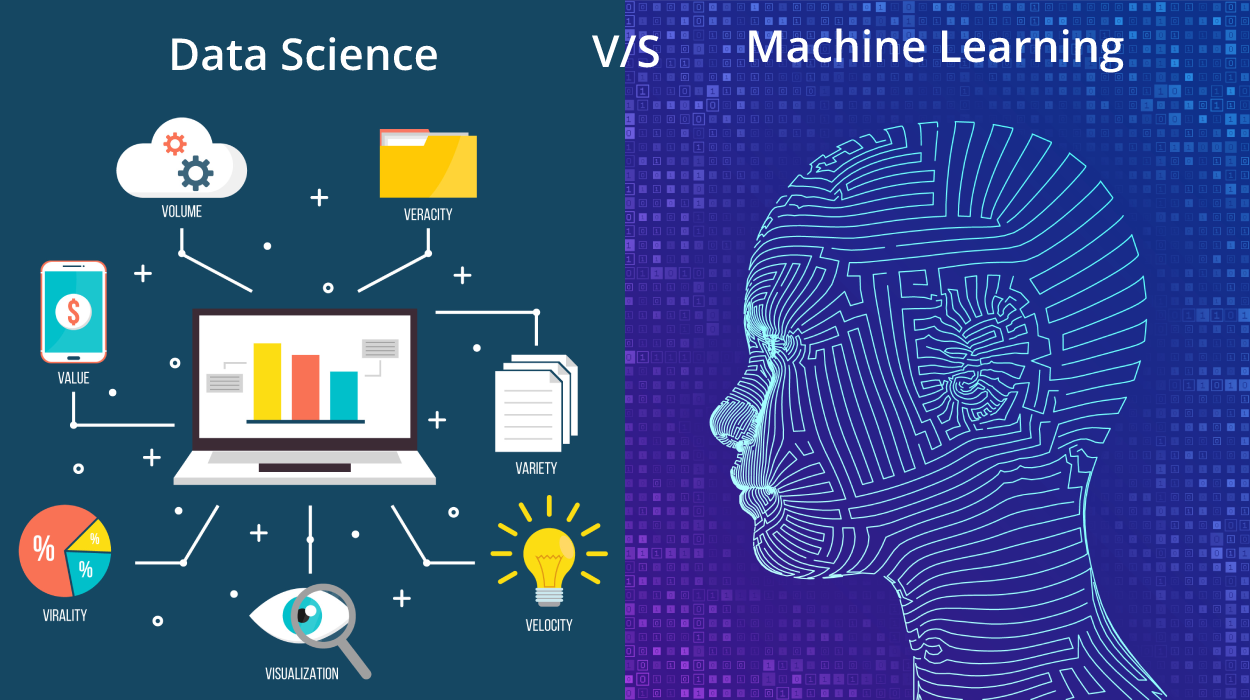ChatGPT, a chatbot powered by GPT-3, has revolutionized the field of content creation by enabling businesses to generate high-quality content quickly and efficiently. While ChatGPT has been widely hailed as a game-changer for the industry, there are also concerns about its ethical implications.
One of the main ethical concerns about using ChatGPT in content creation is the potential for plagiarism. Because ChatGPT has been trained on a vast corpus of text data, there is a risk that the content it generates could be similar or identical to content created by someone else. This could result in accusations of plagiarism and damage to a company's reputation.
Another concern is the potential for bias in the content generated by ChatGPT. Because it has been trained on existing text data, there is a risk that it could reflect biases and stereotypes that exist in society. This could lead to the perpetuation of harmful stereotypes and discrimination.
There is also a concern about the potential for misuse of ChatGPT. Because it can generate high-quality content quickly and efficiently, there is a risk that it could be used to create misleading or false information. This could be particularly harmful in industries such as journalism and academia, where accuracy and objectivity are crucial.
Despite these concerns, there are also many benefits to using ChatGPT in content creation. It can save businesses time and money, allowing them to focus on other areas of their operations. It can also improve the overall quality of content by generating well-written and engaging articles that are free from errors.
To address the ethical concerns surrounding the use of ChatGPT in content creation, there are several steps that businesses can take. First, they can ensure that the content generated by ChatGPT is original and not plagiarized by using plagiarism-checking software. They can also take steps to mitigate bias by ensuring that the data used to train ChatGPT is diverse and representative of all groups.
Another way to address ethical concerns is to use ChatGPT in conjunction with human writers. By having human writers review and edit the content generated by ChatGPT, businesses can ensure that it is accurate, free from bias, and meets their standards.
In conclusion, while there are ethical concerns surrounding the use of ChatGPT in content creation, there are also many benefits. By taking steps to mitigate these concerns, businesses can use ChatGPT to generate high-quality content quickly and efficiently while maintaining ethical standards. As technology continues to advance, it is important to consider the ethical implications of new tools and to use them responsibly.








